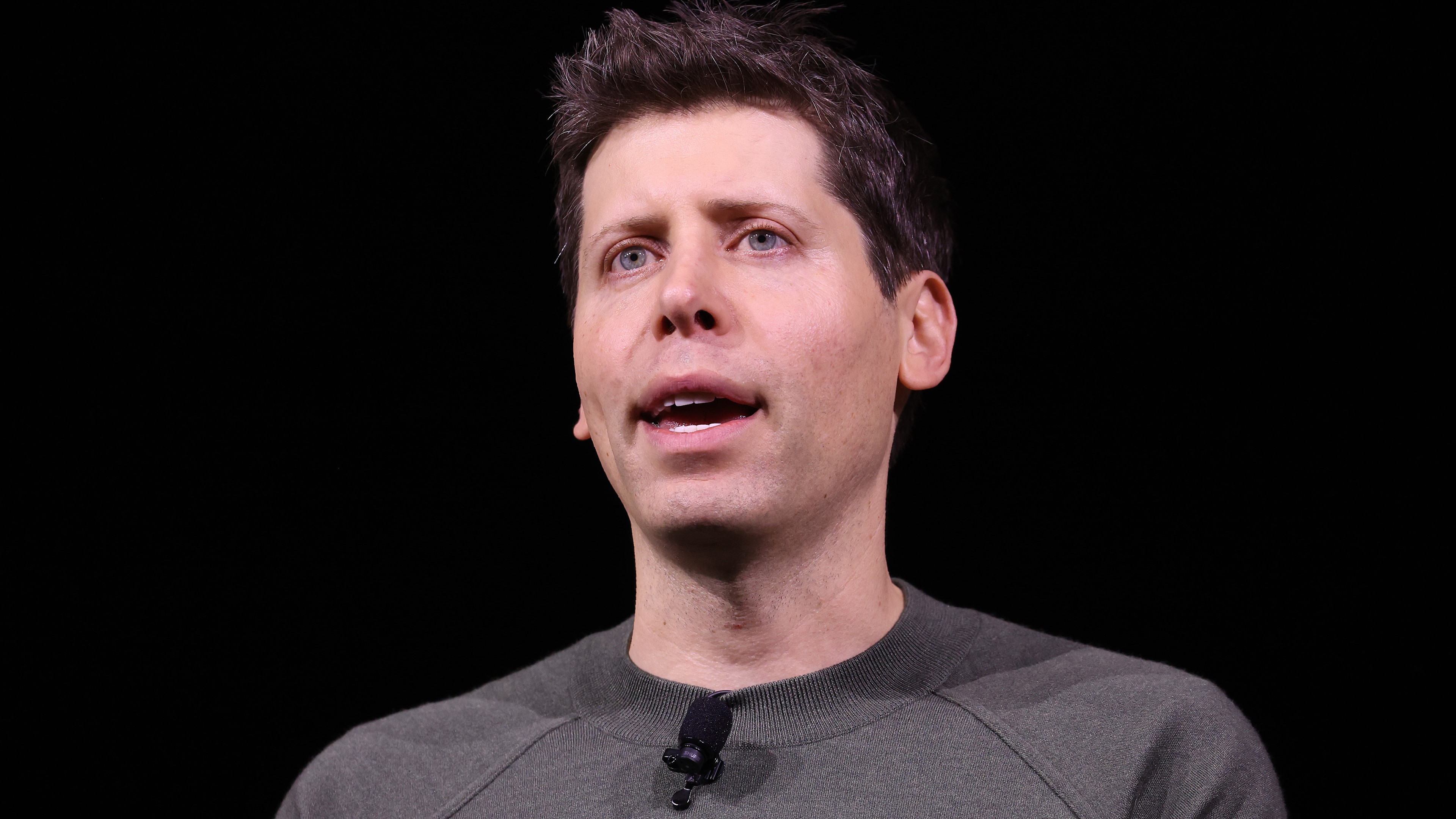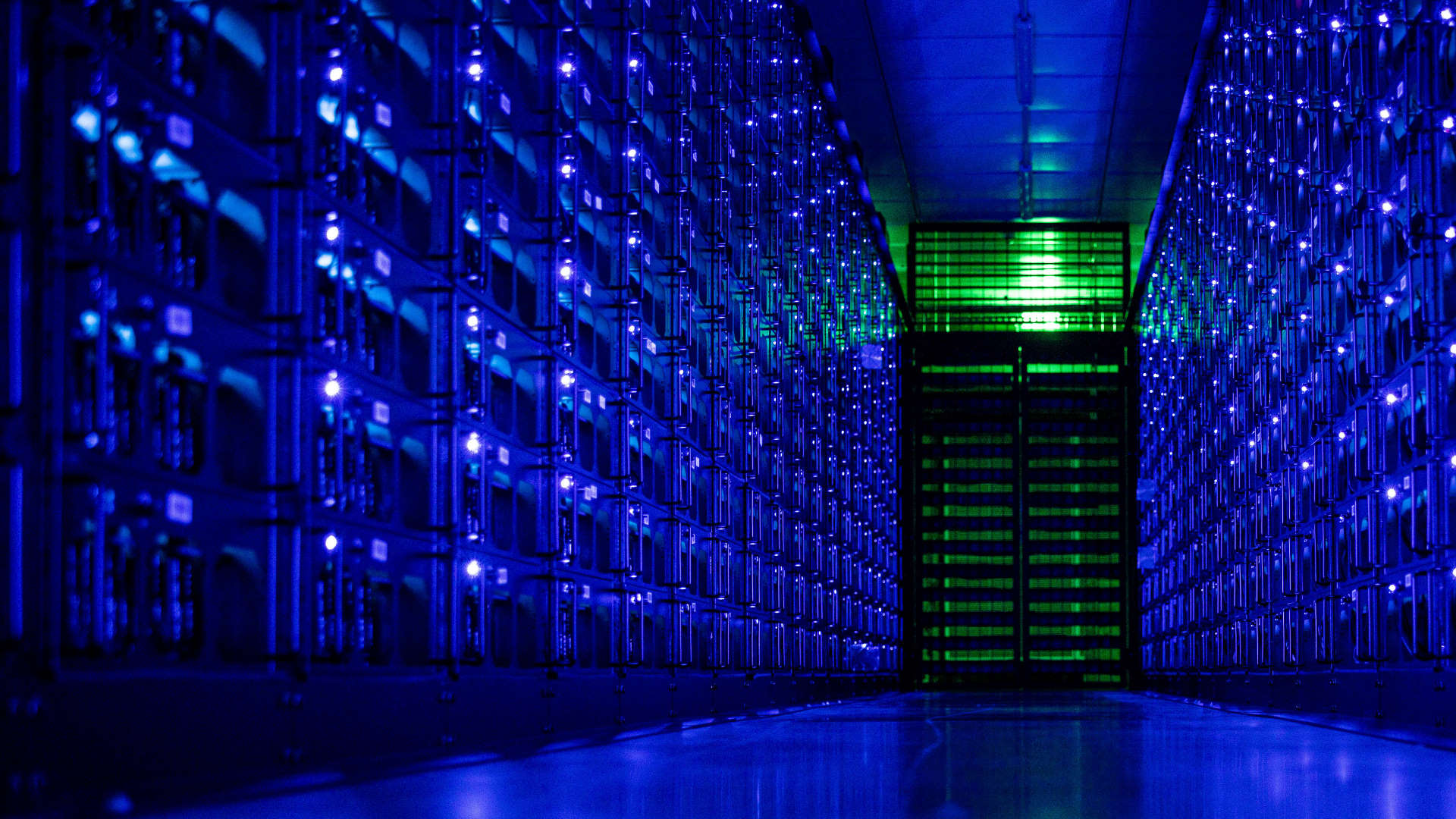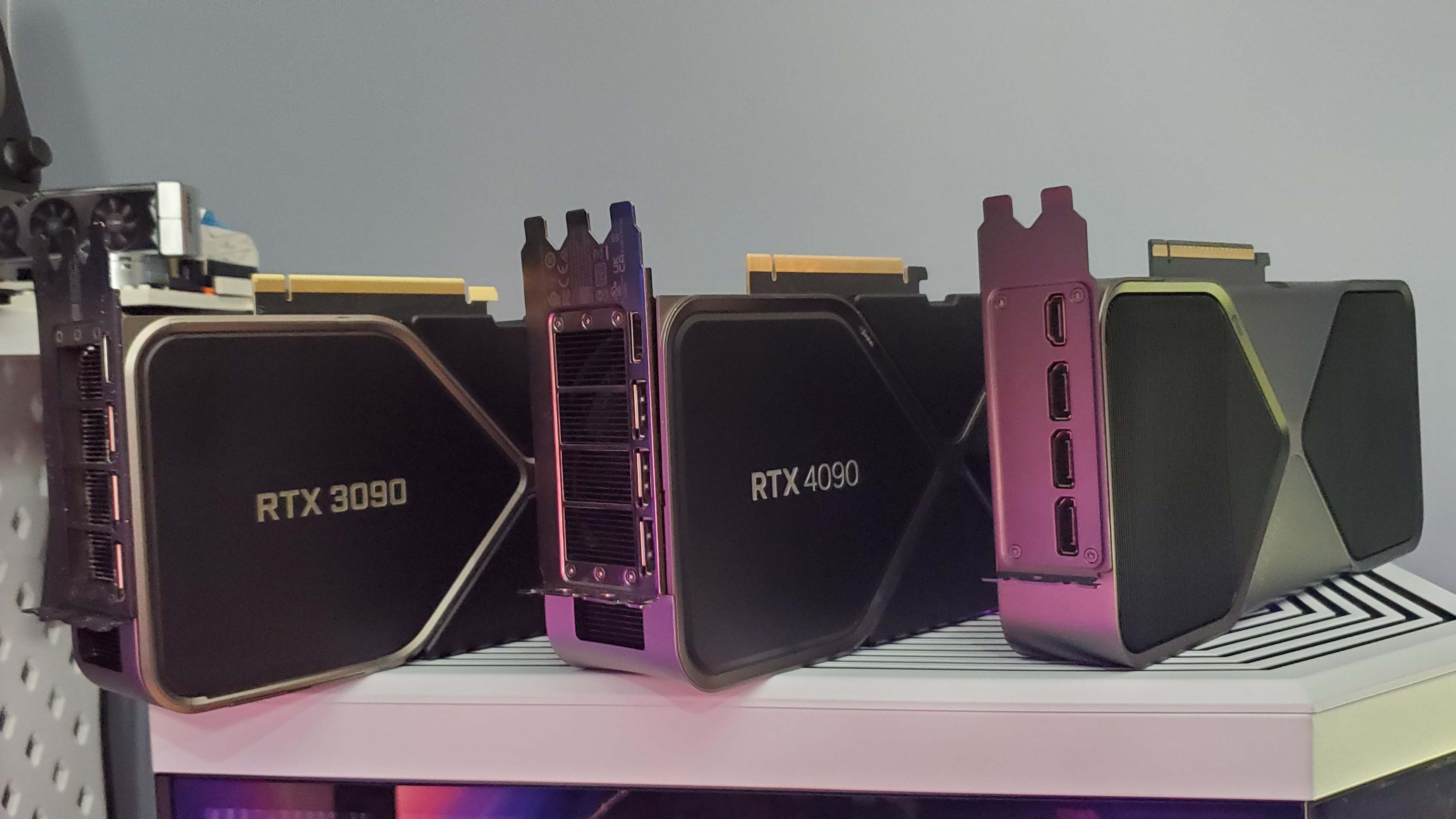
*inhales, coughs*... I dunno man, I think it's still got some issues.
In surprising news to me, OpenAI co-founder and CEO Sam Altman has a blog. And in among the ruminations on traditional blog-like topics like “What I Wish Someone Had Told Me” and “The Strength of Being Misunderstood”, he recently posted three observations on AGI (Artificial General Intelligence) and its potential uses for the human race.
“The economic growth in front of us looks astonishing, and we can now imagine a world where we cure all diseases, have much more time to enjoy with our families, and can fully realize our creative potential,” says Altman.
“In a decade, perhaps everyone on earth will be capable of accomplishing more than the most impactful person can today.”
Well, that sounds lovely, doesn’t it? Who doesn’t love a promise of a Star Trek-style, utopian, post-disease, post-scarcity future, in which our endeavours are supported by our own private genius. To justify that thinking, Altman’s three observations are thus:
1. The intelligence of an AI model roughly equals the log of the resources used to train and run it. “These resources are chiefly training compute, data, and inference compute. It appears that you can spend arbitrary amounts of money and get continuous and predictable gains; the scaling laws that predict this are accurate over many orders of magnitude.”
2. The cost to use a given level of AI falls about 10x every 12 months, and lower prices lead to much more use. “You can see this in the token cost from GPT-4 in early 2023 to GPT-4o in mid-2024, where the price per token dropped about 150x in that time period. Moore’s law changed the world at 2x every 18 months; this is unbelievably stronger.”
3. The socioeconomic value of linearly increasing intelligence is super-exponential in nature. “A consequence of this is that we see no reason for exponentially increasing investment to stop in the near future.”
That last point seems particularly pertinent, given that OpenAI has previously been reported to be burning through billions of dollars in staffing and model training costs. Exponentially increasing investment has been a keystone of the modern AI boom, and the release of China-based startup DeepSeek’s R1 model (supposedly trained at a fraction of the cost of existing efforts) has recently shaken investor confidence in the US-dominated AI industry.
So it’s no surprise Altman is highlighting its importance here. On the first point, however, it looks like Altman has no illusions of the mainstream AI market (if such a thing exists) letting up on training costs, hardware requirements, and “arbitrary amounts of money” in order to continue gaining ground in AI development, at least when it comes to AGI.
Still, according to Altman it at least becomes cheaper to use over time. Which, if his predictions about the future of AI agents come true, will be necessary to enable our AI-co-worker hellsc… I mean, future working methods.
“Let’s imagine the case of a software engineering agent… imagine it as a real-but-relatively-junior virtual coworker. Now imagine 1,000 of them. Or 1 million of them. Now imagine such agents in every field of knowledge work.
“The world will not change all at once; it never does. Life will go on mostly the same in the short run, and people in 2025 will mostly spend their time in the same way they did in 2024. We will still fall in love, create families, get in fights online, hike in nature, etc.
“But the future will be coming at us in a way that is impossible to ignore, and the long-term changes to our society and economy will be huge. “
Goody. I’m pleased to hear that, in Altman’s eyes, I’ll still be getting in fights online and hiking in nature this year. But AGI-enabled assistants are coming, says the OpenAI head honcho, and given the previous trends he’s highlighting here, they appear to be coming rather quickly (providing the money tap keeps flowing, of course).
“Agency, willfulness, and determination will likely be extremely valuable,” Altman continues. “Correctly deciding what to do and figuring out how to navigate an ever-changing world will have huge value; resilience and adaptability will be helpful skills to cultivate.”
Best CPU for gaming: The top chips from Intel and AMD.
Best gaming motherboard: The right boards.
Best graphics card: Your perfect pixel-pusher awaits.
Best SSD for gaming: Get into the game ahead of the rest.
“AGI will be the biggest lever ever on human willfulness, and enable individual people to have more impact than ever before, not less.”
So, a lot of optimistic thinking going on here, it seems. I’d like to hold my hand up and say that I’m not too keen on the idea of an AI co-worker writing my articles for me, but if they could “marshall the intellectual capacity” to whittle down my inbox reliably without sending important messages to the spam folder, that’d be grand.
I don’t want an AGI Mozart, more of a competent Jeeves. Still, as Altman has it, things do sound suspiciously bright and rosy for our creative futures:
“There is a great deal of talent right now without the resources to fully express itself, and if we change that, the resulting creative output of the world will lead to tremendous benefits for us all.”
Here’s hoping, anyway.










